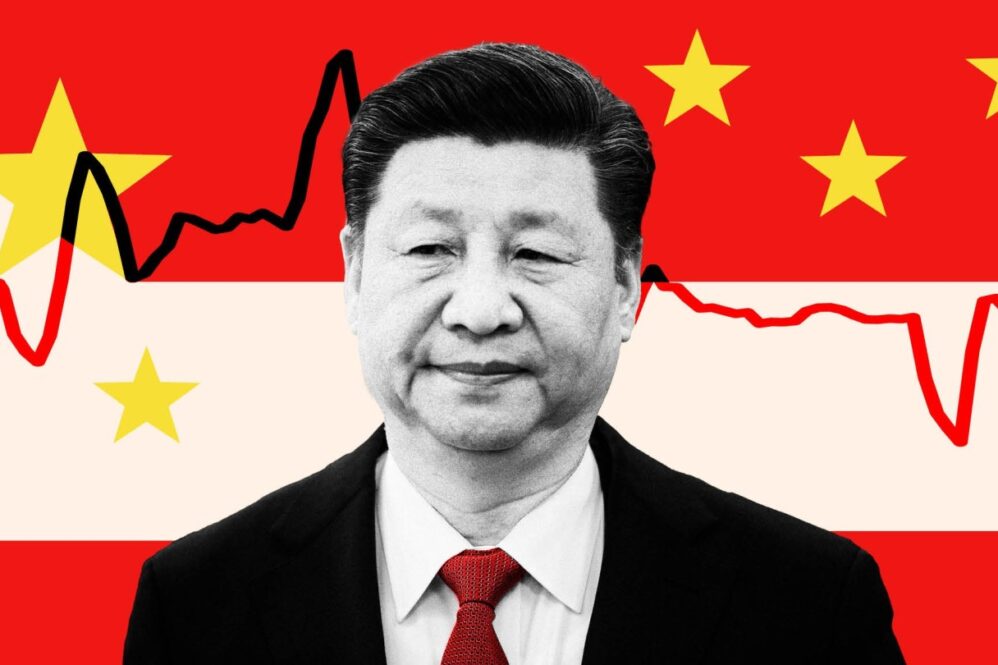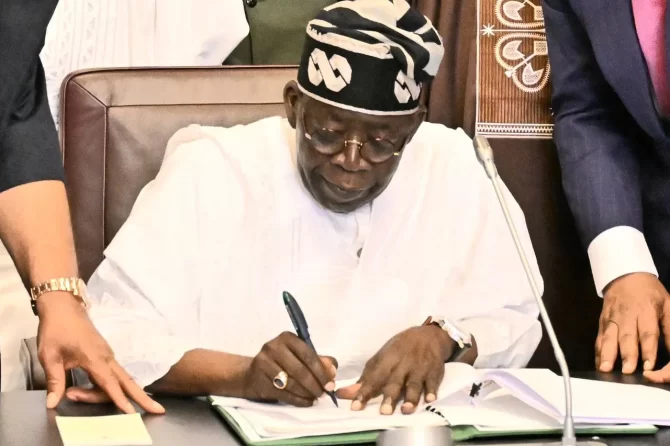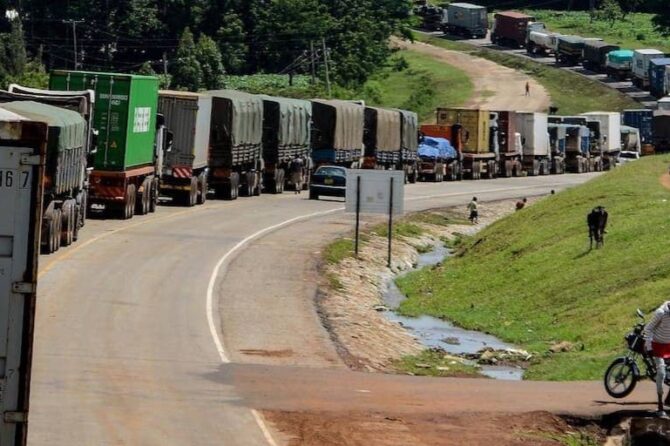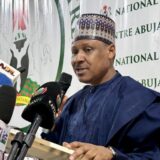In recent times, China has been facing increasing challenges as it tries to manage growing public dissatisfaction and economic difficulties. This situation has been marked by a series of protests that underscore widespread discontent with governmental policies and economic stagnation. As these issues arise, there are growing concerns about the nation’s stability.
Economic Challenges: A Closer Look
The root of the unrest can be traced back to several economic challenges. Firstly, the country’s growth has been sluggish, which has been a significant cause of concern. Coupled with this is the high unemployment rate, which leaves many citizens feeling insecure about their future. Furthermore, the strict measures imposed during the COVID-19 pandemic have added to the public’s grievances. These measures, while necessary for public health, have also led to economic slowdowns and increased frustration among the populace.

Potential Consequences of Continued Challenges
Analysts are warning that if these economic challenges persist, the situation could become more dire. There is a risk that continued economic stagnation and high unemployment rates may lead to a loss of confidence in the Chinese economy. Should this happen, it could result in more significant social unrest as citizens demand change and accountability from their leaders. The ripple effects could extend beyond China’s borders, affecting global markets and economies.
Government’s Role in Navigating the Crisis
The role of the Chinese government in addressing these challenges is crucial. Experts suggest that the government’s response to the unrest will play a pivotal role in shaping future economic policies. It is imperative for the government to take decisive actions to not only stabilize the economy but also to address the concerns of its citizens. This might involve revising economic policies, implementing job creation programs, or easing certain restrictions to stimulate economic activity.
Balancing Public Health and Economic Stability
One of the significant challenges for the government is balancing public health concerns with economic stability. The strict COVID-19 measures, while necessary for controlling the pandemic, have had adverse effects on the economy. Therefore, finding a balance between maintaining public health and ensuring economic growth is essential. This could involve a phased approach to easing restrictions while continuing to monitor public health closely.
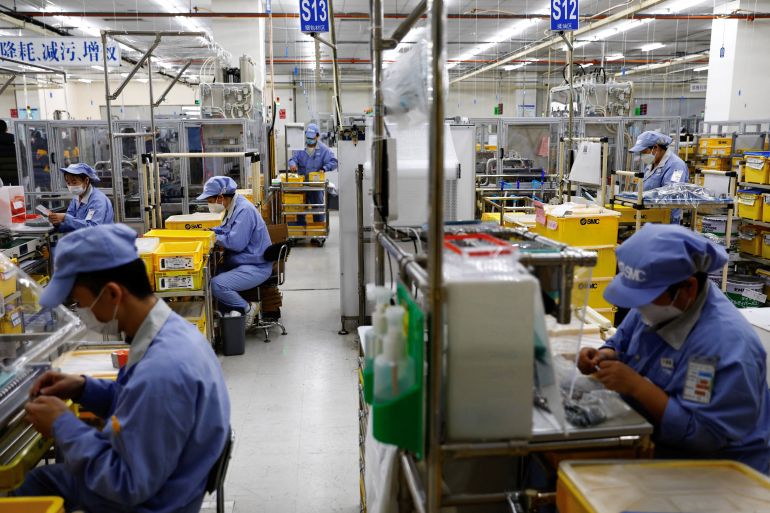
Future Economic Policies: What Could Change?
As the government works to address these issues, it is likely that there will be changes in economic policies. These changes could include efforts to boost economic growth, reduce unemployment, and address the public’s dissatisfaction. By focusing on these areas, the government can work towards restoring confidence in the economy and ensuring long-term stability. It is also possible that there will be increased investment in sectors that can drive growth and create jobs.
Conclusion: Navigating a Complex Landscape
In conclusion, China is at a crossroads as it faces mounting economic challenges and public unrest. The path forward will require careful navigation and strategic decision-making by the government. By addressing the root causes of the unrest and implementing effective economic policies, the government can work towards restoring stability and regaining the trust of its citizens. The coming months will be crucial in determining the country’s economic trajectory and its impact on the global stage.
Your Thoughts and Perspectives
What are your thoughts on China’s approach to managing these challenges? How do you see the government’s role evolving in addressing both economic and public concerns? Share your perspectives and join the conversation.


